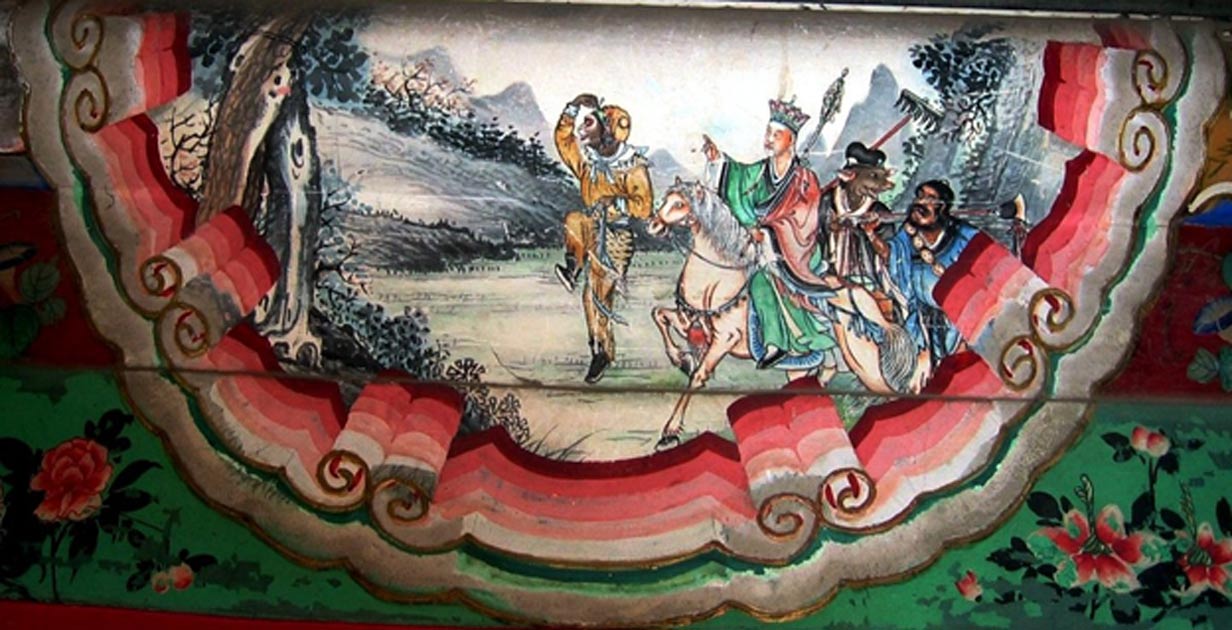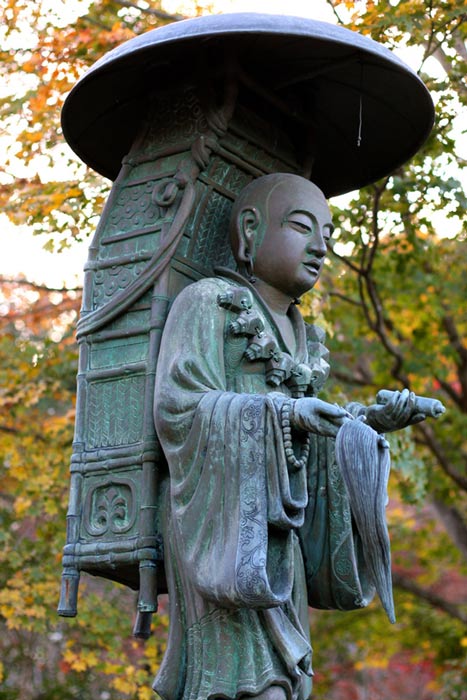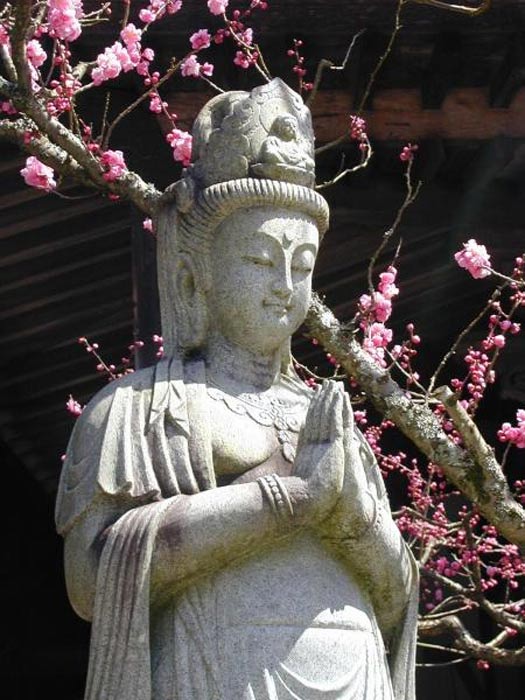
The Monk and the Poet: Meet the Rebels behind the Legendary “Journey to the West”
Hsi-yu chi, or Journey to the West, is a Chinese novel published in the 16th century, during the Ming Dynasty. The novel adds elements from a bewildering array of Asian cultural lore, as well as from the three major religious traditions of China (Buddhism, Confucianism, and Taoism). Adding elements of the pantheon of Taoist immortals and Buddhist teachings which are still reflective of some religious attitudes today, the story is considered so relevant that it becomes the basis of many retellings, movies, video games and animes.
Although Journey to the West may be considered as a pleasant introduction to the calm and gentle Buddhist philosophy, behind this story is in fact a real journey by a Buddhist monk ten centuries earlier who defied his emperor and became a fugitive questing his way to India. Also behind this story is a passionate poet who broke China’s literary tradition and wrote something for the common man at the expense of his own reputation.
The Journey of a Monk and His Divine Protectors
The story of The Journey to the West follows one of Sakyamuni Buddha’s disciples who was banished from the heavenly paradise for slighting the Buddhist precepts. He was sent to the human world and forced to spend ten lifetimes practicing religious self-cultivation in order to atone for his sins.
- The Evolution of Wisdom: A Study of the Evolution of Perception as Understood by Ancient Religions
- Buddhism in Ancient Egypt and Meroe – Beliefs Revealed Through Ancient Script
- The Life and Adventures of Marco Polo
In the Tang Dynasty, (and now in his tenth lifetime) the disciple reincarnates as a monk named Xuanzang (also known as Tang Monk and Tripitaka). The emperor orders Xuanzang to travel west and bring the holy Mahayana Buddhist scriptures back to China. After being inspired by a vision from the goddess Guanyin, he accepts the mission and sets off on the quest.

A statue of the legendary Xuanzang. (CC BY 2.0)
After ten lifetimes of self-cultivations, Xuanzang is no ordinary monk. His flesh is said to impart immortality. However, the weak and timid young monk is no match for the evil creatures seeking to kill and eat him, and therefore is ill-equipped for such perilous travel on his own. Knowing this, the goddess Guanyin provides the monks with four divine protectors who agree to help him as an atonement for their own sins.

Statue of Guan Yin in the courtyard of Daien-in Temple, Mount Koya, Japan. (CC BY-SA 3.0)
These protectors are the monkey king, and former Keeper of the Heavenly Horses, Sun Wukong who was punished for rebelling against heaven and for eating the heavenly peaches, the former Commander of the Heavenly Naval Forces Zhu Wuneng who was banished to earth for flirting, the former Celestial Curtain Lifting General Sha Wujing who was banished to earth for shattering a goblet of the Celestial Queen Mother, and the dragon prince Yulong who was sentenced to death for setting fire to his father's great pearl. Out of mercy, Guanyin gives them one more chance to return to their celestial home if they agree to protect the monk on his pilgrimage.




